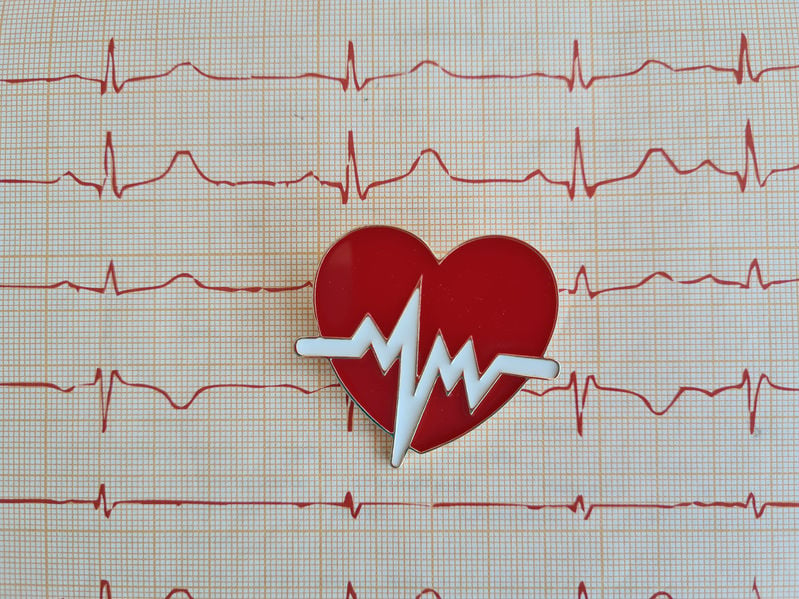Don’t Ignore A Weak Heart
Congestive heart failure (CHF) is a common chronic condition affecting over 6 million American adults. With heart failure, the heart is weakened or damaged. As a result, the organ can’t pump enough blood to meet the body’s demands. A common side effect of CHF is fluid and blood buildup in the lungs, known as congestion, hence the name congestive heart failure. CHF gets progressively worse and is categorized into 4 stages. Identifying concerning symptoms as soon as possible is the key to receiving emergency help and prolonging the quality of life.

Types of CHF
There are different types of CHF, depending on the specific location of the heart that’s under threat. Systolic heart failure occurs when the heart cannot pump hard enough to supply the body. Diastolic heart failure happens when the chamber fails to relax to be filled with enough blood between contractions. Therefore, there is not enough blood to pump out to the body. These issues are present on the left side of the heart, the most common location of CHF. However, systolic or diastolic failure can also happen to the right side or both sides. Specific symptoms will develop as CHF worsens.
Starting with stage A
The first stage of CHF is often considered the pre-heart failure stage. This is because the patient usually has a chronic disease or is at risk of developing a chronic condition that can lead to CHF. Hypertension, diabetes, coronary artery disease (CAD), and alcohol use disorder (AUD) are common culprits. If stage A CHF is identified early enough, the condition is manageable or sometimes reversible with a healthy diet, exercise, and medication.
Moving to stage B
The second stage of CHF is asymptomatic, with some people unaware of the condition. However, tests often reveal that the patient’s ejection fraction is on the borderline of failure. The ejection fraction is an equation based on heart rate that can tell how well the heart pumps blood with each contraction. People with stage B CHF often have an accompanying condition causing the issue. For instance, there may be a structural issue on the left side of the heart. Some people experience shortness of breath and swelling in the extremities after physical activity.
A more severe stage C
The symptoms are much more severe when someone is in the third stage of CHF. While stage B symptoms arise with physical activity, stage C symptoms can happen even at rest. Common signs include coughing, wheezing, shortness of breath, swollen legs and feet, and fatigue. Some patients notice difficulty working or engaging in social activities, with chest pain and heart palpitations occurring soon after. Weight gain, often several pounds in 1 day or week, is another warning sign. Most people with stage C CHF are already diagnosed, use medication, or may have received surgical treatment.
Code red at stage D
When a person reaches stage D CHF, emergency attention is often required. At this stage, medication and treatment are not working, and the patient experiences symptoms even at rest. More severe symptoms like chest pain, wheezing, and coughing can also develop. Coughing may present a pink mucus, which indicates fluid in the lungs. Some people at this stage also have bluish or purplish skin at the tips of the fingers or lips. Continued weight gain despite the use of diuretics, weakness, and fainting are also signs of a medical emergency.
A future with CHF
The symptoms of stage C CHF should signal a visit to the doctor, as the condition will likely get worse. Stage D requires a trip to the emergency room (ER) in most cases. The medical team will provide medication at stage C, surgically install a pacemaker, and assign dietary changes to manage the condition. The final phase will require intravenous (IV) medicines with emergency surgical intervention. Where available, a patient may benefit from a heart transplant, but this comes with severe risks. Since no modern therapy can reverse late-stage CHF, the patient will benefit from palliative care. With CHF, taking quick action can prolong the patient’s quality of life.



